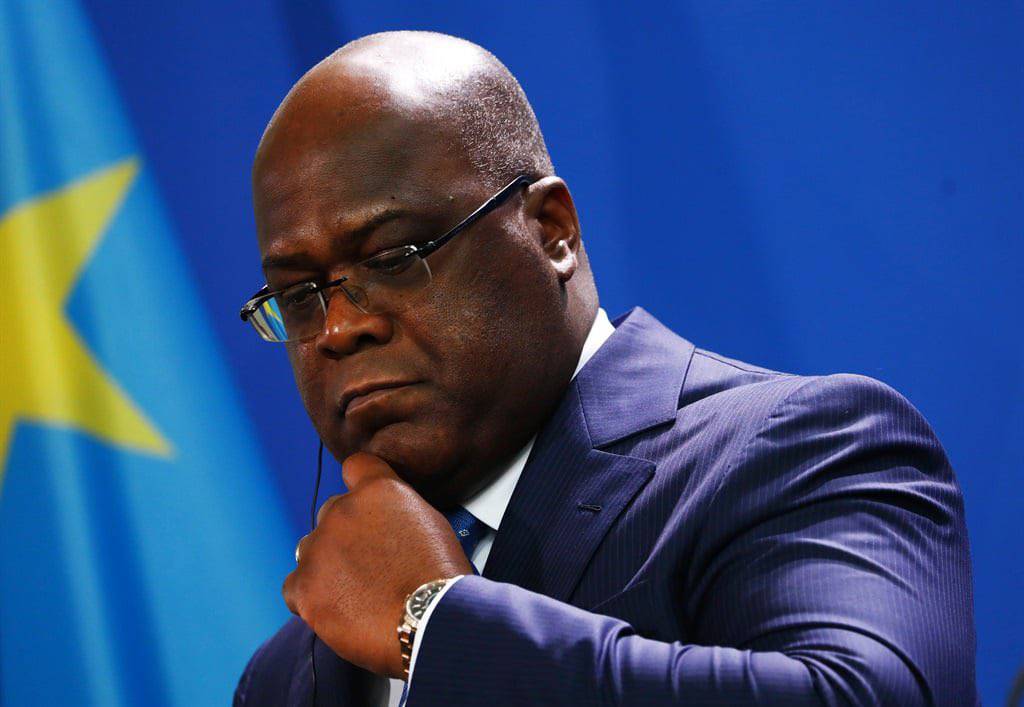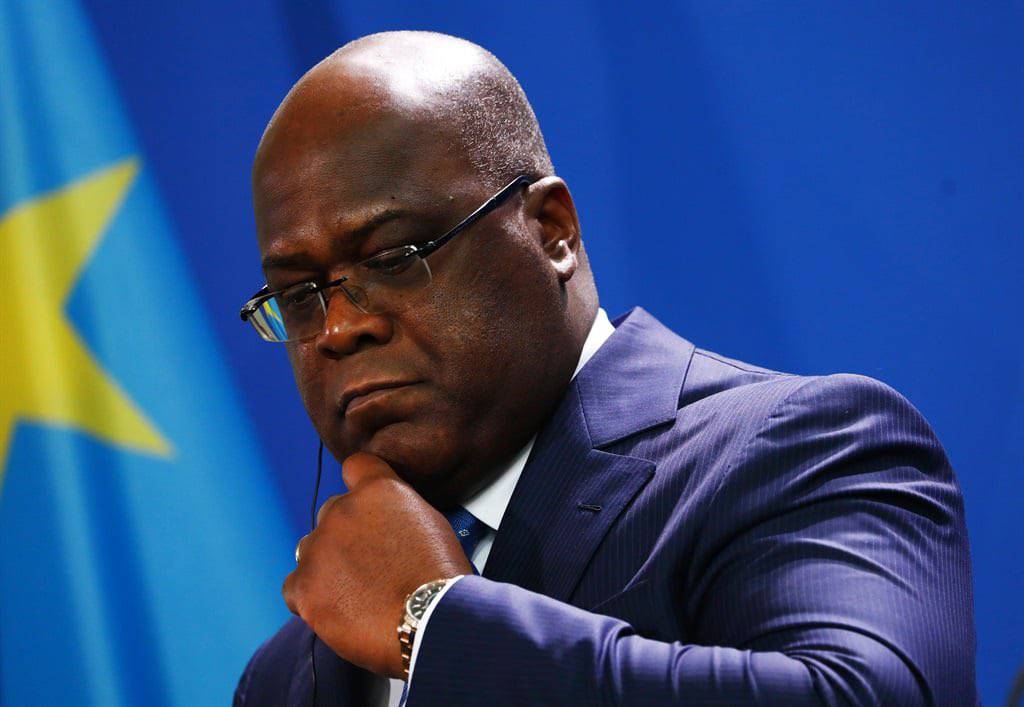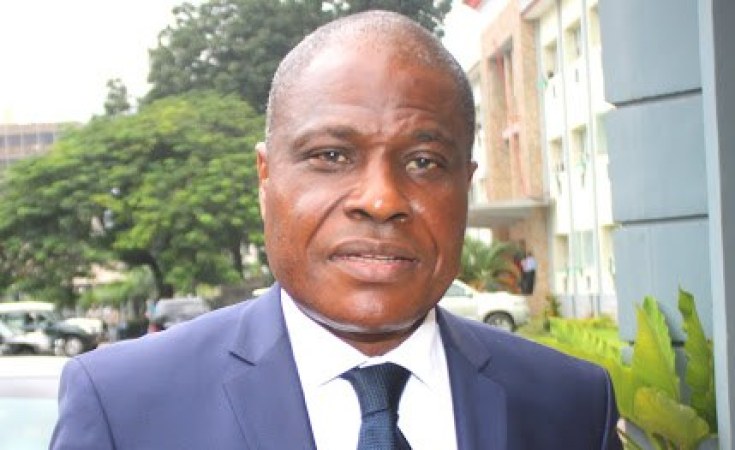Congo And Rwanda To Meet For Talks
Congolese and Rwandan officials on Monday announced that Democratic Republic of Congo's President Felix Tshisekedi and his Rwandan counterpart Paul Kagame are set to meet this week for talks in the Angolan capital Luanda.
The meeting is likely to occur on Tuesday or Wednesday, said the unanimous officials.
The two countries have been at diplomatic loggerheads since the M23 rebel group resumed fighting against Congolese troops in the east of the country, near the Rwandan border.
Kinshasa accuses Rwanda of backing M23, which Kigali denies.
Rwanda alleges that Congo gave refuge to the ethnic Hutus who carried out the 1994 Rwandan genocide that killed at least 800,000 ethnic Tutsis and moderate Hutus.
HISTORY OF THE CONFLICT
During the Rwandan genocide in 1994, 800,00 Tutsis and some Hutus were killed, millions of Rwandan refugees flew to the Eastern Democratic Republic of Congo.
A new government was formed under the Tutsi after the genocide in Rwanda.
More than two million Hutus sought refuge in eastern Congo, the refugees, according to UN High Commissioner for Refugees were perpetrators of the genocide with the name Interahamwe or FDLR (the Federation for the Liberation of Rwanda).
In 1996 Rwanda and Uganda invaded the eastern DRC in an effort to root out the remaining perpetrators of the genocide.
The two countries formed a coalition of armies with the help of the Congolese opposition leader Laurent Desire Kabila, they managed to defeat Mobutu Sese Seko who was a dictator.
Laurent rose to power in May 1998, after which he ordered Rwandan and Ugandan forces to leave the Eastern DRC.
Kabila's government received support from Angola and Zimbabwe and other regional partners.
The conflict now escalated between nine countries because the Eastern Congo is a mineral-rich territory.
President Kabila was shot by a bodyguard in 2001 hence his son took over at the age of 29.
In April 2002, the fighting countries signed agreements, Sun City Agreement between Rwanda and Congo, and the Luanda Agreement between Uganda and Congo which put an end to the war.
In 2008 the DRC and Rwanda joined forces to root out the FDLR in the South and North Kivu provinces.
In January 2009 the National Congress for the Defence of the People (CNDP) split and as part of a deal between Rwanda and the DRC, Kigali put CNDP leader Laurent Nkunda under house arrest.
The remaining CNDP splinter faction, led by Bosco Ntaganda, was supposed to integrate into the national army. But instead, Ntaganda led a new rebel group, M23, which became active in eastern Congo in 2012.
Ntaganda, also known as “the Terminator,” walked into the U.S. embassy in Kigali in March 2013 and surrendered to the International Criminal Court’s custody.
He was accused of thirteen counts of war crimes and five counts of crimes against humanity, Ntaganda’s trial is currently underway in The Hague.
The peace process in DRC is still ongoing although with challenges of new armed groups formed in the region and terrorizing civilians.
Tags: Drc And Rwanda Conflict Felix Tshisekedi Paul Kagame


